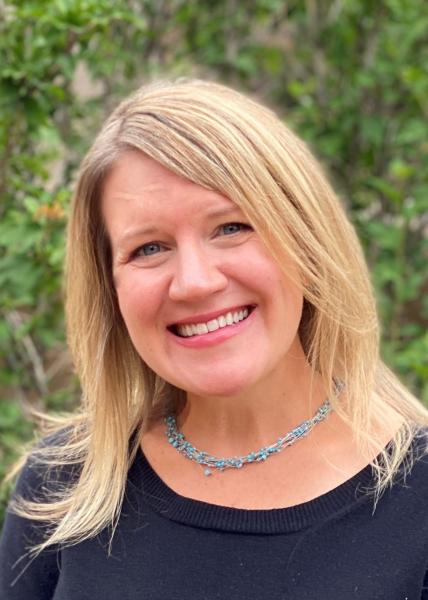American Psychological Association Division 50

Please tell us about a time you had an academic job that wasn’t a great fit and what you learned.
My academic career trajectory has not been linear. There have been many forking roads, wrong turns, and dismal failures, and many opportunities for growth along the way. My trajectory started with an Intro Psychology course at Finger Lakes Community College. The instructor was a gifted clinician and teacher, and I knew that I wanted to continue in psychology. I then transferred to SUNY Potsdam, where I had the great fortune of taking courses with Dr. Nancy Dodge-Reyome, who was an amazing professor and instilled in me a love of research and teaching.
Getting an academic job as a tenure-track assistant professor in psychology was unlikely, and I was shocked to receive offers. My biggest mistake was accepting the “best” offer at the most prestigious research university that made me an offer. It paid better than other positions and included good start-up research funding and a reduced teaching load. So, why was it such a big mistake?
The first year of any new academic job is challenging in the best of situations: taking on new responsibilities, learning department politics, and trying to get your independent research going with all new systems. I started my first year of an academic job under difficult circumstances. I was burned out from internship, I had crushing debt from graduate school, I was alone in a new city, and my experience of living with depression that started in Seattle only worsened in the bitterly cold winter of the Midwest. Within six months of my “dream job” as an Assistant Professor, I was miserable, disengaged, and floundering. Looking back, I can trace my failures to a few key decision points.
First, I took the “best” offer, and it was not the best position for me. I wish I had spent more time checking in with my values and listened less to those who encouraged me to take the job because it resonated with their values.
Second, I was not a great advocate for my time. As a quantitative faculty member, I was only assigned graduate teaching, and I was a magnet for graduate student committees. Within one year, I was serving on 11 student committees. If I could do it again, I would have negotiated for more opportunities for undergraduate teaching.
Third, the natural environment was not a great fit. It was an urban campus in a major city. I grew up on a dirt road in a rural area, and my favorite hobbies were hiking and climbing mountains. Environment matters. I never considered how much I needed access to nature and my hobbies to feel fulfilled.
It took a few more academic jobs before I found my way to the University of New Mexico, where I have a great mix of research, teaching, and mentoring. I love my job, my natural environment, and I feel like I have finally found success after a lot of failure. My advice for anybody looking at academic jobs is to connect with your professional and personal values, as well as your vision of what you want to be doing and where you want to be living. Apply for jobs that fit best, and then advocate for the work and environment that will best support you and your values.

Resources are available for those struggling with addiction and numerous effective treatments exist. Whether you are looking for help for yourself or a loved one, we encourage you to seek out help.